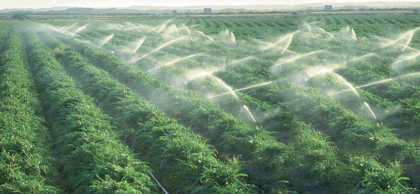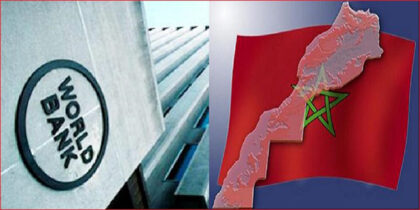 The African Development Bank (AfDB) has highlighted, in a research study, the key factors of the success of the Moroccan Green Plan (PVM) and the lessons to be drawn from this strategy.
The African Development Bank (AfDB) has highlighted, in a research study, the key factors of the success of the Moroccan Green Plan (PVM) and the lessons to be drawn from this strategy.
These key factors include the institutional environment and legal reforms that have attracted the private sector, as well as the experience of aggregation with incentives and support to producers and buyers, said the report on the prospects for the development of special agro-industrial processing zones (SAPZ) in Africa.
The legal update of legislative and regulatory instruments and actors governing the agricultural sector was an important step in the implementation of the first component of the Moroccan Green Plan, monitored by the Ministry of Agriculture and Rural Development.
The study listed the legal frameworks governing agricultural production, agricultural and fishery inter-professional organizations, agricultural aggregation for inclusive aggregation projects, as well as the legal frameworks governing the safety of food products and the protection of the quality of local organic products, local origin and quality labels, in addition to the creation of the National Agency for Agricultural Advice (ANCA).
These legal reforms were accompanied by institutional reforms by government agencies and public interventions in the agricultural sector, noted the study.
The ministry has refocused its main regulatory functions, while service delivery and investment support in agriculture has been delegated to autonomous agencies and the private sector through public-private partnerships. The creation of the Agricultural Development Agency (ADA) to promote private investment in the sector, the National Office for Food Safety (ONSSA) and the National Office of the Agricultural Council (ONCA) in charge of training and advisory services for producers is a perfect illustration of how institutional reform has helped to re-frame the division of tasks between state agencies and create an environment adequate for attracting additional private investment, said AfDB.
Between 2008 and 2018, 104 billion dirhams of investments were obtained mostly thanks to these reforms, of which 40% of public investments and 60% of private investments, the study recalled.



